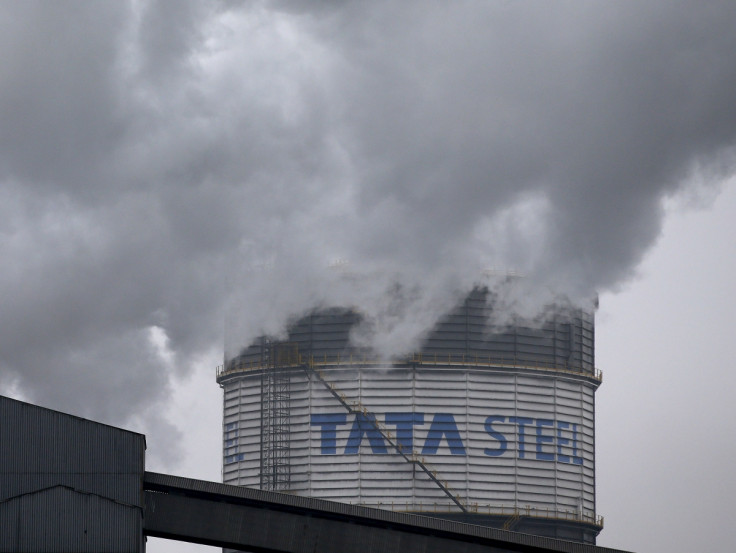UK steel crisis: Tata Steel European business reports quarterly loss of £68m

The European business of Tata Steel has reported a loss for its third quarter. For the three months ending December 2015, the loss was pegged at £68m (€88.5m, $99m). This was more than double the loss it had reported in its previous quarter, and also marked a stark contrast when compared on a year-on-year basis, when it reported a profit of £132m.
The poor performance by Tata also highlights the UK steel crisis which has seen more than 5,000 employees lose their jobs since last summer. Since October 2015, Tata's UK operations alone have seen about 3,000 redundancies with the most recent being the 1,050 job cuts announced in January 2016.
Tata Steel, part of the Indian conglomerate Tata, blamed surge in imports for these losses. It said cheap imports primarily from China and some other countries such as Russia and South Korea had put intense pressure on the company's margins. Karl Köhler, the chief executive of Tata Steel's European operations, said. "Growing European steel demand continues to be undermined by a flood of imports into the region."
"The European Steel Association has identified that Chinese steel is being exported at prices below the cost of production. This unfair trade is undercutting domestic producers and harming the European steel industry, which employs many thousands of people and is at the foundation of much of the region's cutting edge innovation," Kohler added. To counter the low-priced imports, the company said it had called for action in the UK and Europe to help the business compete fairly.
While deliveries of steel rose when compared on a quarterly and yearly basis, revenues for the third quarter declined 3% on-quarter and 16% on-year, to £1.64bn. The company's steel production, however, remained unchanged during the quarter at 3.56 million tonnes, down 5% when compared to the same quarter last year.
Roy Rickhuss, the general secretary of Community Union, a steelworkers' association, said: "Tata Steel is clearly facing unprecedented pressure from a difficult global market and unfairly traded steel. Support that has finally been forthcoming from the UK and the EU has been too slow to impact on these results and as further delays in action and implementation continue, more steelworkers' jobs are threatened."
© Copyright IBTimes 2025. All rights reserved.





















